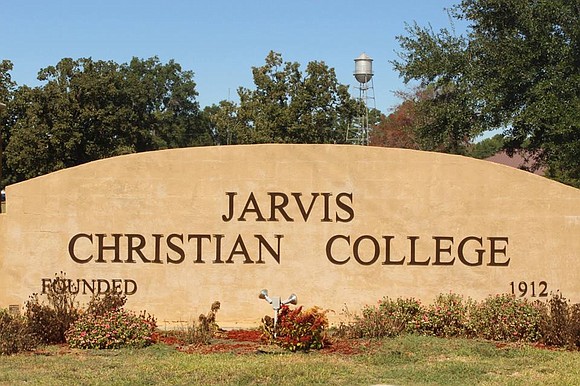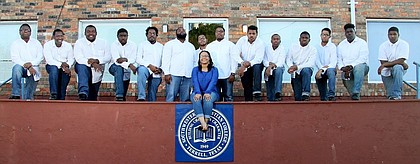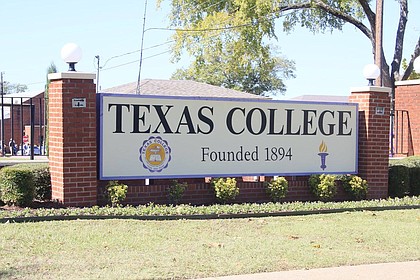HBCU Spotlight: Jarvis Christian College, Southwestern Christian College, and Texas College
Jo-Carolyn Goode | 3/29/2019, 11:53 a.m.
As we end Historically Black Colleges and Universities Awareness Month, we conclude by taking a look at our last three HBCUs in Texas.
According to its website, Jarvis Christian College is private, co-educational, church-related college but it didn’t start out that way. In fact, the soon-to-be-university’s first students were actually twelve elementary school students. The school was founded in 1912 with program instruction beginning in 1913. However, plans for the school started way before that in 1904. A group headed by Mrs. Mary Alphin with the State Organization, Christian Women’s Board of Missions (who contributed $10,000), and Negro Disciples of Christ (who contributed $1,000). Virginia Hearn, State Secretary of Women’s Work, convinced Ida Van Zandt, wife of Major James Jarvis, to donate the 456 acres that the campus currently sits on. Major Jarvis donated the land under the condition the school would be built to educate head, heart, and hand of blacks and to produce useful citizens and earnest Christians.
Throughout the years the school began offering high school programs before those were drop during the 1920s when it became a junior college. From there it went on the 1930s to become a senior college and finally becoming a four-year college in 1939 with the formal charter of Jarvis Christian College. Major recognition came in the 1940s by the Southern Association of Colleges and Schools. JCC gained membership into the association for its accreditation in 1966. It is the only HBCU if the Disciples if Christ Church. Today the school continues to educate with Christian values with the adoption of these guiding principles: scholarship & life-long learning, service, integrity, respect, responsibility, and Christian ethics.
Southwestern Christian College is just east of Dallas, TX in Terrell, TX. The private college is operated by the Churches of Christ. When the college first opened its doors in 1948 it was by G. P. Bowser (educator and minister) in Fort Worth, TX under the name Southern Bible Institute with 45 students in the initial class. Later when the land that Texas Military College became available, the school relocated and changed its name in 1949.
SwCC’s website states that students are offered a holistic educational program that will motivate the student to value and achieve academic excellence within the context of a commitment to moral and spiritual values. In 1973, SwCC became accredited by the Southern Association of Colleges and Schools to award Associate and Bachelor-level degrees.
Keeping on the Christian track a group of ministers of the Christian Methodist Episcopal (CME) Church established Texas College in 1894 with plans for the education of blacks that had been segregated by the Texas education system. The charter issued in 1907 deemed the school as Texas College with the purpose of being an institution that was “designed to operate under the supervision care and ownership of the CME Church in America. The exclusive educational direction was to include the education of youths, male and female, in all branches of a literary, scientific and classical education wherein [all] shall be taught theology, normal training of teachers, music, commercial and industrial training, and agricultural and mechanical sciences.”
For a brief period from 1909-1912 Texas College was renamed Phillips University after Bishop Henry Phillips. However, the name was officially changed back in May 1912.
Today, the college continues to strive by operating on several core values that include academic excellence, integrity, perseverance, social responsibility, tolerance, and community service.
Take time out to support all of these wonderful institutions of higher learning. They are in need of your time, dollars, and connections to benefit students today and in the years to come.











